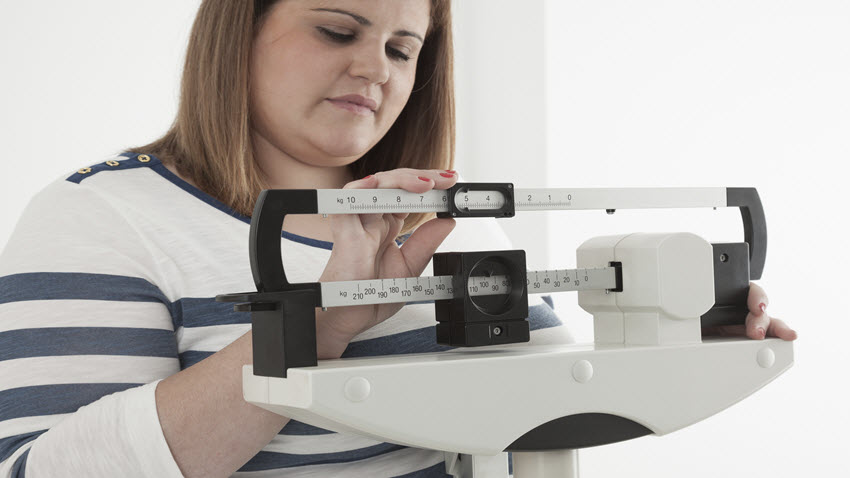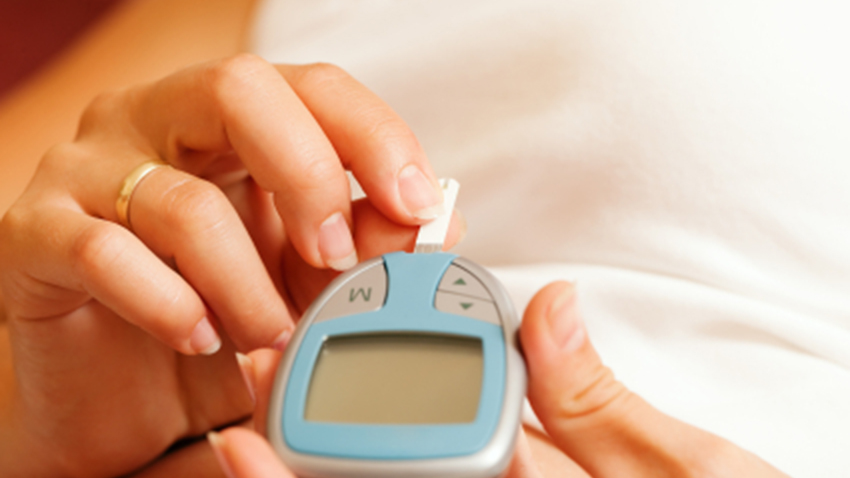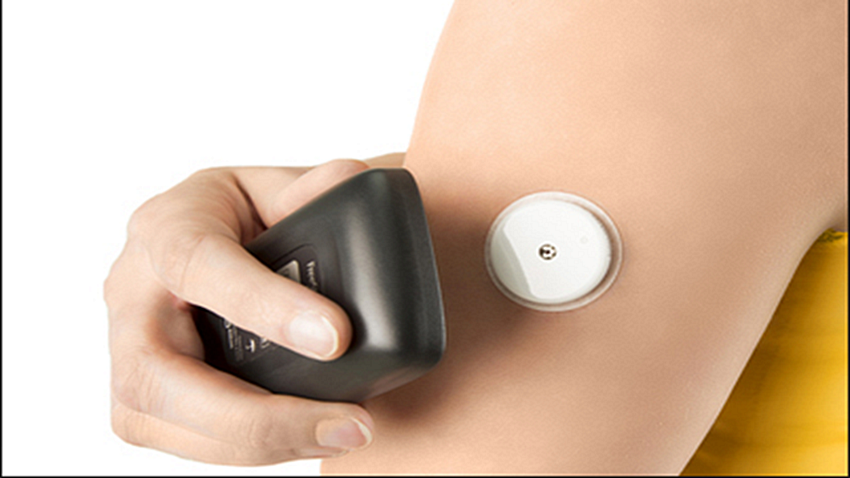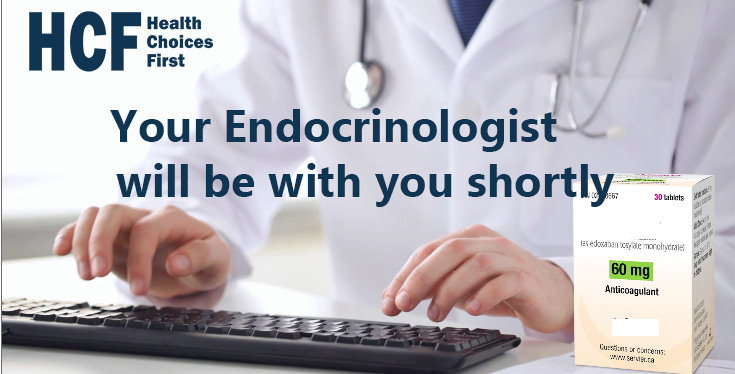Location
Change Location
Change Location
HealthChoicesFirst will use the location you choose to identify the practitioners that are closest to you.
Please start with the first characters of your current Postal/Zip Code and select a location from the list that is displayed.







